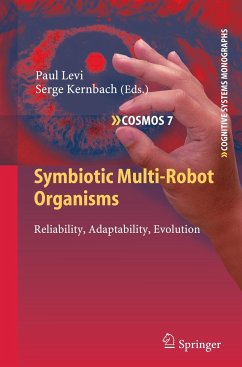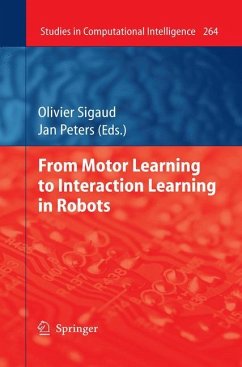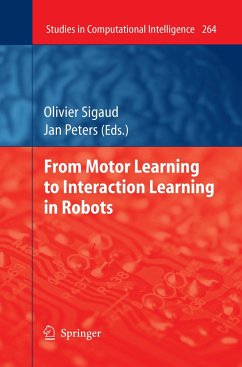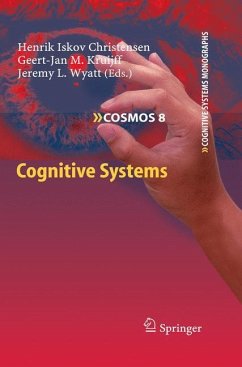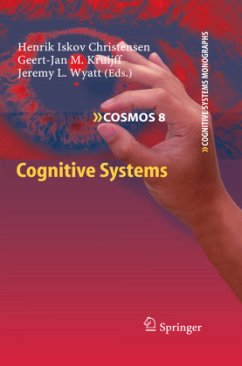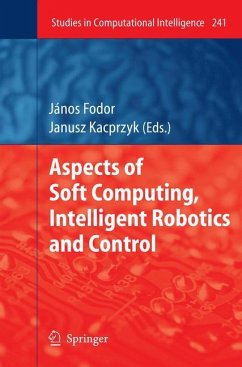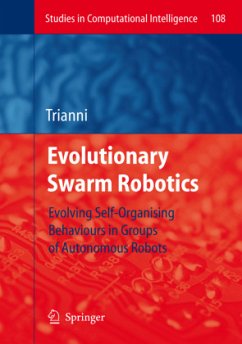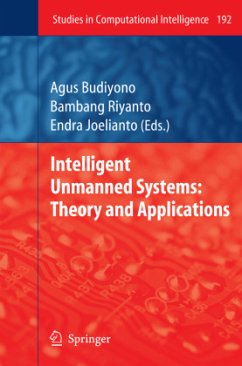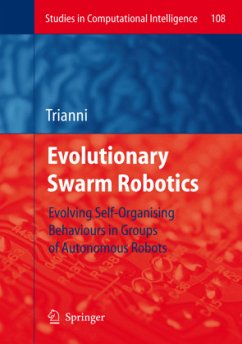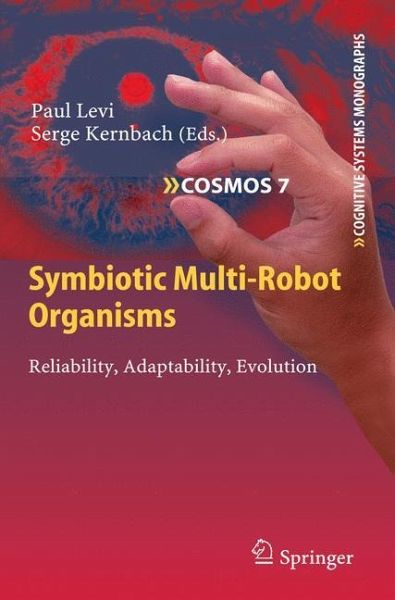
Symbiotic Multi-Robot Organisms
Reliability, Adaptability, Evolution
Herausgegeben: Levi, Paul; Kernbach, Serge

PAYBACK Punkte
58 °P sammeln!
This book is devoted to the study of the evolution of self-organised multicellular structures and the remarkable transition from unicellular to multicellular life. Multicellular organisms provide the inspiration for the development of novel principles of adaptation and evolution for robotics and, in particular, for so-called multi-robot organisms. Multi-robot organisms are defined as large-scale swarms of robots that can physically dock with each other and symbiotically share energy and computational resources within a single "artificial-life-form". When it is advantageous to do so, these robo...
This book is devoted to the study of the evolution of self-organised multicellular structures and the remarkable transition from unicellular to multicellular life. Multicellular organisms provide the inspiration for the development of novel principles of adaptation and evolution for robotics and, in particular, for so-called multi-robot organisms. Multi-robot organisms are defined as large-scale swarms of robots that can physically dock with each other and symbiotically share energy and computational resources within a single "artificial-life-form". When it is advantageous to do so, these robots can dynamically aggregate and self-assemble into one or many symbiotic organisms in order to collectively interact with the physical world via a variety of sensors and actuators. Bio-inspired evolutionary paradigms, combined with robot embodiment and swarm-emergent phenomena, enable the organisms to autonomously manage their own hardware and software organisation. In this way, artificialrobotic organisms become self-configuring from both hardware and software perspectives. This could lead to not only extremely adaptive, evolve-able and scalable robotic systems, but robot organisms also able to reprogram themselves without human supervision and new, previously unforeseen, functionality to emerge. This book introduces new concepts for symbiotic robot organisms and reports on experience of researching and developing such systems. In the long term it is intended to apply this experience in the construction and maintenance of real-world technical systems based on these concepts.





